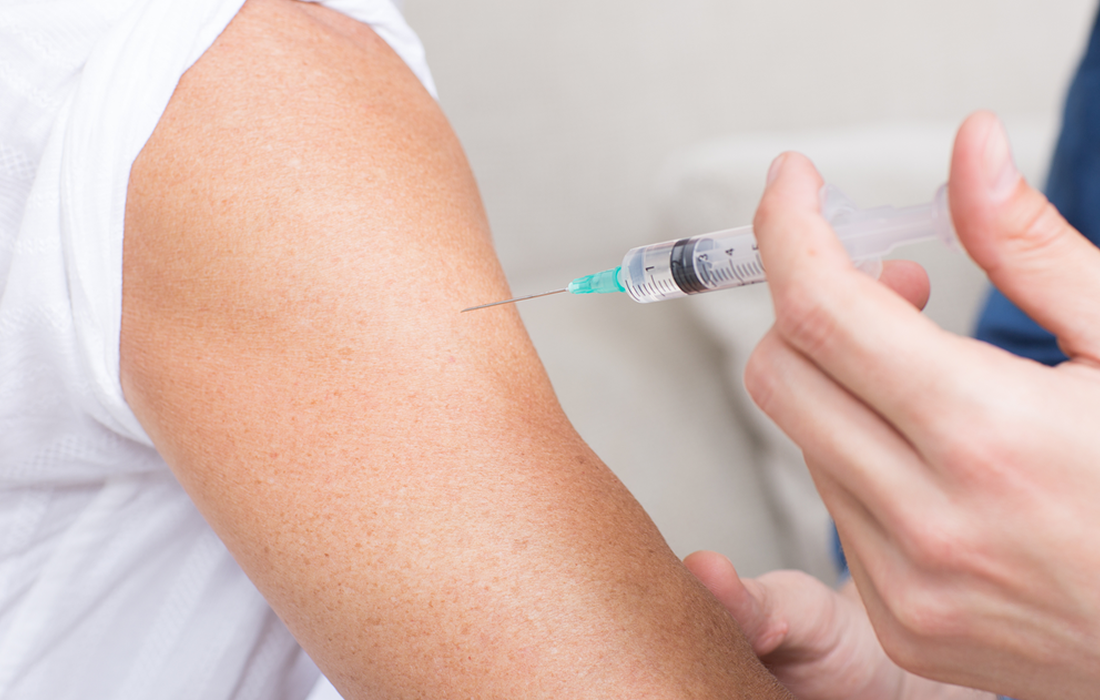Regenerative Medicine News and General Information
FDA Approves First Injectable HIV Prevention Drug
The human immunodeficiency virus (HIV) targets the immune system and weakens people’s defense against many infections and some types of cancer that people with healthy immune systems can fight off. As the virus destroys and impairs the function of immune cells, infected individuals gradually become immunodeficient. Immune function is typically measured by CD4 cell count.
The most advanced stage of HIV infection is acquired immunodeficiency syndrome (AIDS), which can take many years to develop if not treated, depending on the individual. AIDS is defined by the development of certain cancers, infections, or other severe long-term clinical manifestations.
HIV continues to be a major global public health issue, having claimed 36.3 million [27.2–47.8 million] lives so far. There were an estimated 37.7 million [30.2–45.1 million] people living with HIV at the end of 2020, over two-thirds of whom (25.4 million) are in the WHO African Region.
There is no cure for HIV infection. However, with increasing access to effective HIV prevention, diagnosis, treatment, and care, including for opportunistic infections, HIV infection has become a manageable chronic health condition, enabling people living with HIV to lead long and healthy lives.
New Medication for HIV Prevention
Officials from the Food and Drug Administration (FDA) have announced the approval of the first injectable HIV preexposure prophylaxis (PrEP) drug. The drug is called Apretude and it’s taken every two months to reduce the chance of sexually acquired HIV.
According to experts one of the major obstacles for people using this type of medication is adherence, and using an injectable drug that is taken every 2 months could significantly improve adherence.
The medication effectiveness and safety were evaluated in two randomized, double-blind, clinical trials that compared the injectable drug to Truvada, a once-daily PrEP medication. The first trial included men who have sex with men without using a barrier method and who don’t live with HIV. It also included transgender women who have sex with men without using a barrier method and who don’t live with HIV.
The second trial evaluated HIV-negative, cisgender women with potentially higher chances of contracting HIV.
The first trial reported that participants who took Apretude experienced a nearly 70 percent reduced chance of contracting HIV when compared to people taking Truvada and the second trial found Apretude reduced the chance of contracting HIV by 90 percent compared to people who took Truvada.
What is PrEP?
According to Dr. David Rosenthal, an allergy and immunology specialist at Northwell Health in Great Neck, New York. “PrEP is really, in the bigger picture, a preventive modality that prevents you from getting HIV by taking medication before you’re exposed to HIV”, he told Healthline in an interview. According to Rosenthal, PrEP is intended to protect anyone who has a higher chance than average of contracting HIV.
Sources:
George Citroner (2021, Dec 21). FDA Approves First Injectable HIV Prevention Drug. Healthline. Retrieved from:
https://www.healthline.com/health-news/fda-approves-first-injectable-hiv-prevention-drug
https://www.who.int/news-room/fact-sheets/detail/hiv-aids
Image from:
https://www.aidsmap.com/about-hiv/search-hiv-prevention-vaccine

